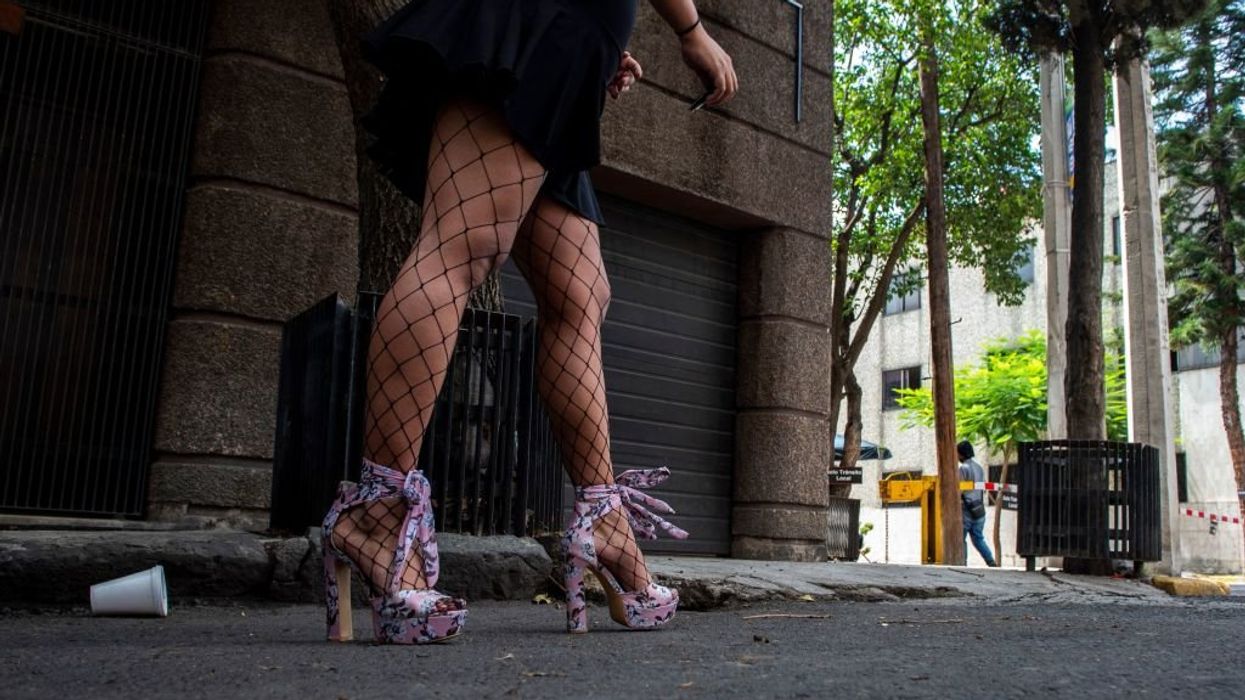
Photo by CLAUDIO CRUZ / AFP) (Photo by CLAUDIO CRUZ/AFP via Getty Images

The American Civil Liberties Union of Tennessee has come out in support of a lawsuit that seeks to overturn a statute that increases the criminal penalty for prostitutes who have sex for money while they are knowingly HIV-positive.
The Aggravated Prostitution statute from 1991 states:
A person commits aggravated prostitution when, knowing that such person is infected with HIV, the person engages in sexual activity as a business or is an inmate in a house of prostitution or loiters in a public place for the purpose of being hired to engage in sexual activity.
The statute reportedly increased misdemeanor prostitution charges to a Class C felony.
The ACLU, in association with the Transgender Law Center, put out a press release in support of a lawsuit naming the plaintiffs as OutMemphis along with four Jane Does.
OutMemphis has described itself as a volunteer organization that works to "empower, connect, educate and advocate for" the "LGBTQ+ Community of the Mid-South."
The crux of the lawsuit, according to the ACLU, is that the "Aggravated Prostitution statute is rooted in fear and discrimination, targeting people living with HIV for harsh punishment and forcing them to register as 'violent sex offenders' for the rest of their lives."
The ACLU argued that not only is the law unconstitutional, but it singles out people who have HIV for harsher punishment despite their "protected disability."
According to Medical News Today, the Americans with Disabilities Act of 1990 considers HIV and AIDS to be disabilities, whether or not a person has symptoms. It also notes, however, that "people with HIV or AIDS may or may not qualify to receive Social Security benefits, depending on the severity of their condition."
Plaintiffs in the case have reportedly argued that the law prevents "queer people" from living with "safety" and "dignity."
OutMemphis claimed that the statute keeps people "in cycles of poverty" while posing "absolutely zero benefit to public health and safety.”
Part of this argument included the claim that because recipients of such a charge would have to register as a "violent sex offender," they would not be able "access the housing, employment, healthcare and community life that they need to get back on their feet."
The ACLU took issue with the law for what it called targeting "people engaged in sex work."
The ACLU's listed attorneys for the case all listed their pronouns, including spokesperson Jeff Preptit, who goes by "He/Him/His."
Like Blaze News? Bypass the censors, sign up for our newsletters, and get stories like this direct to your inbox. Sign up here!
Andrew Chapados